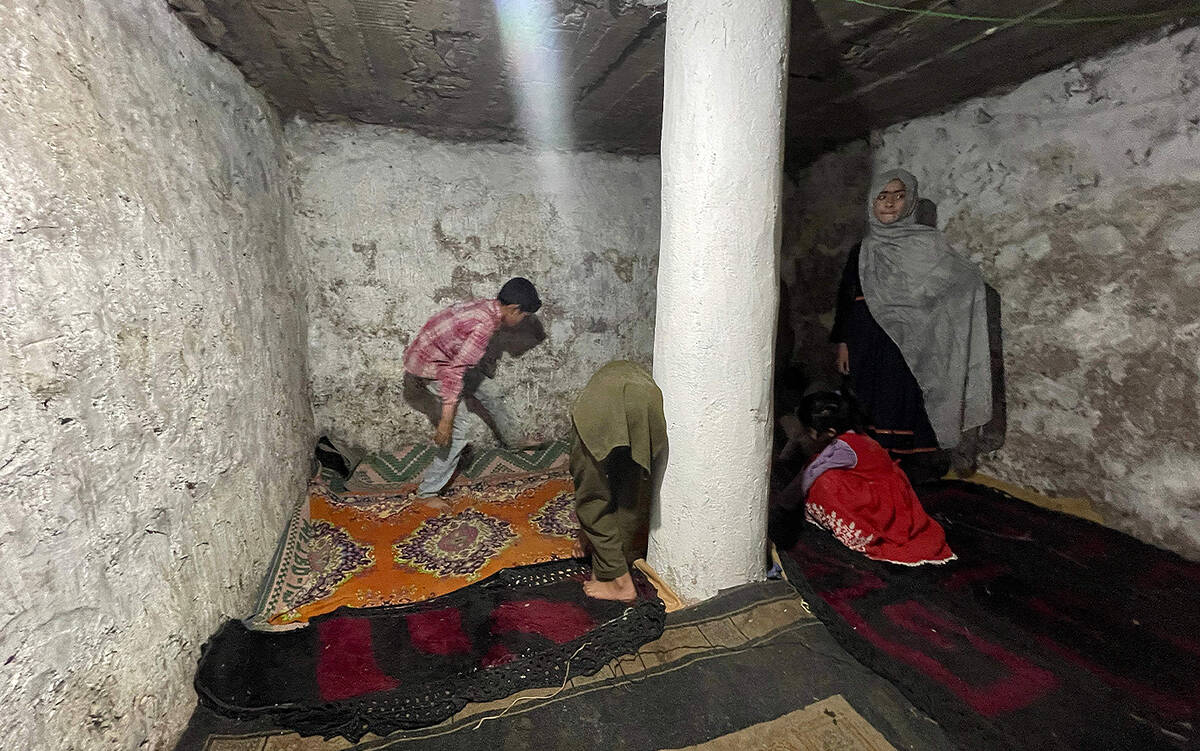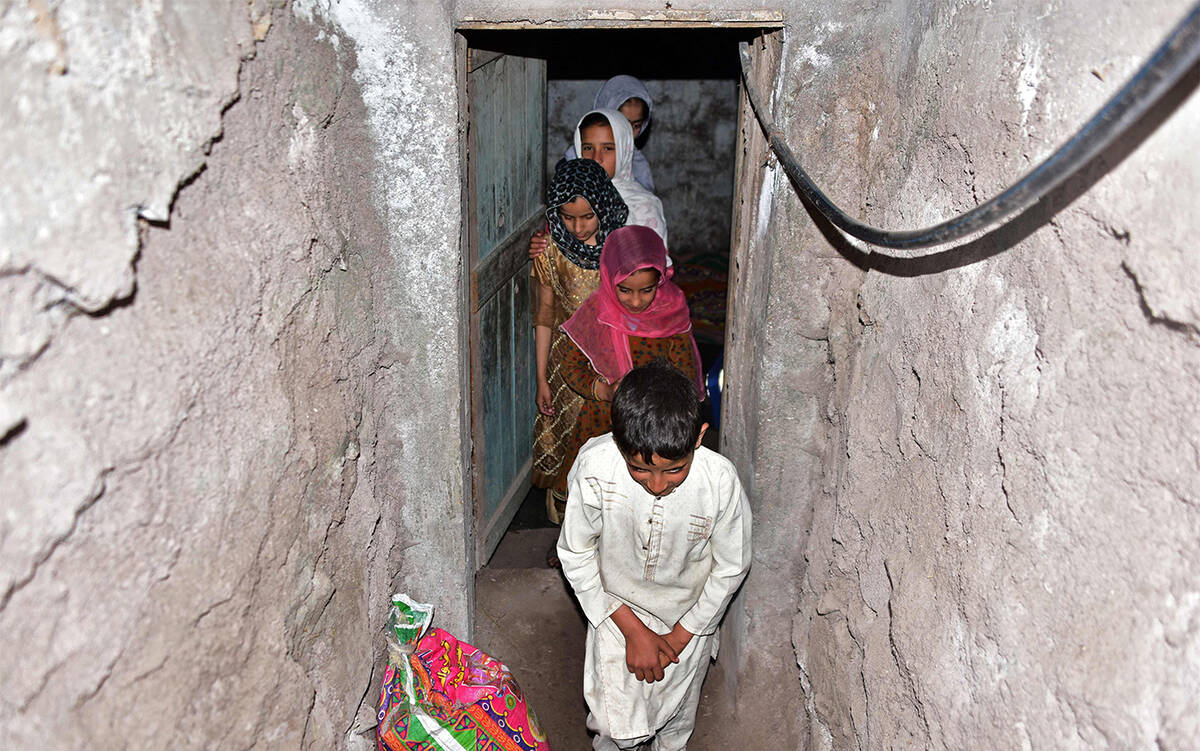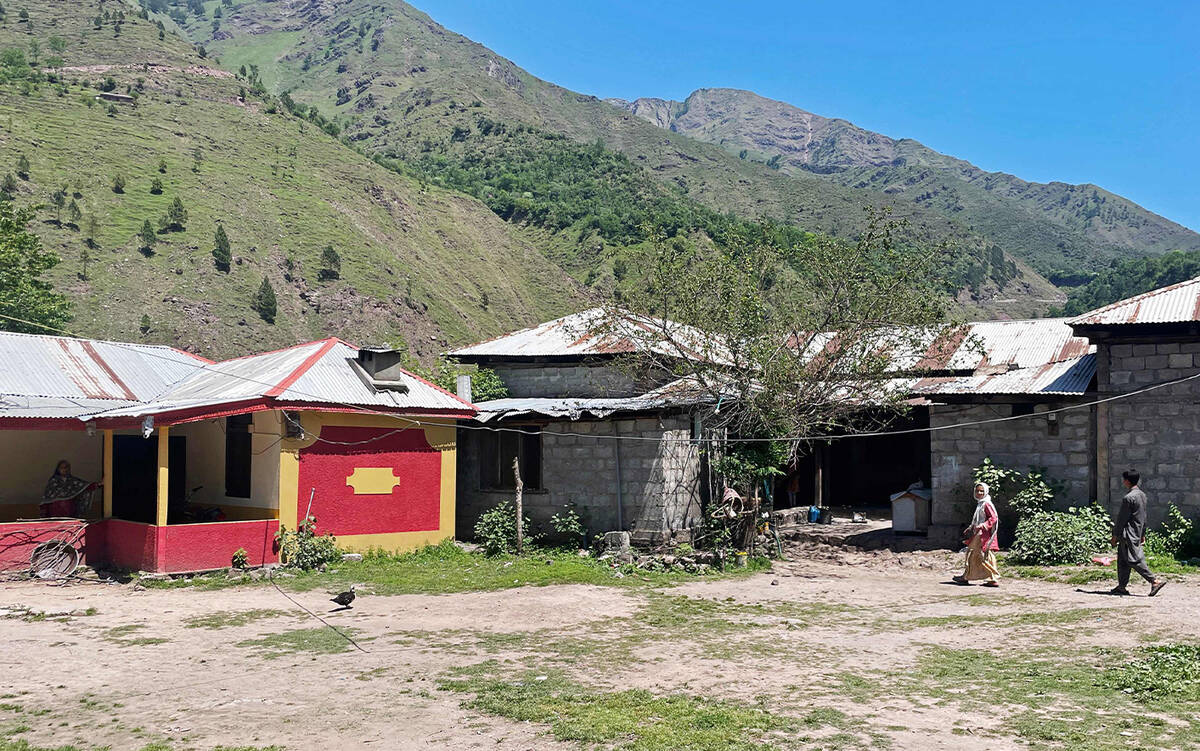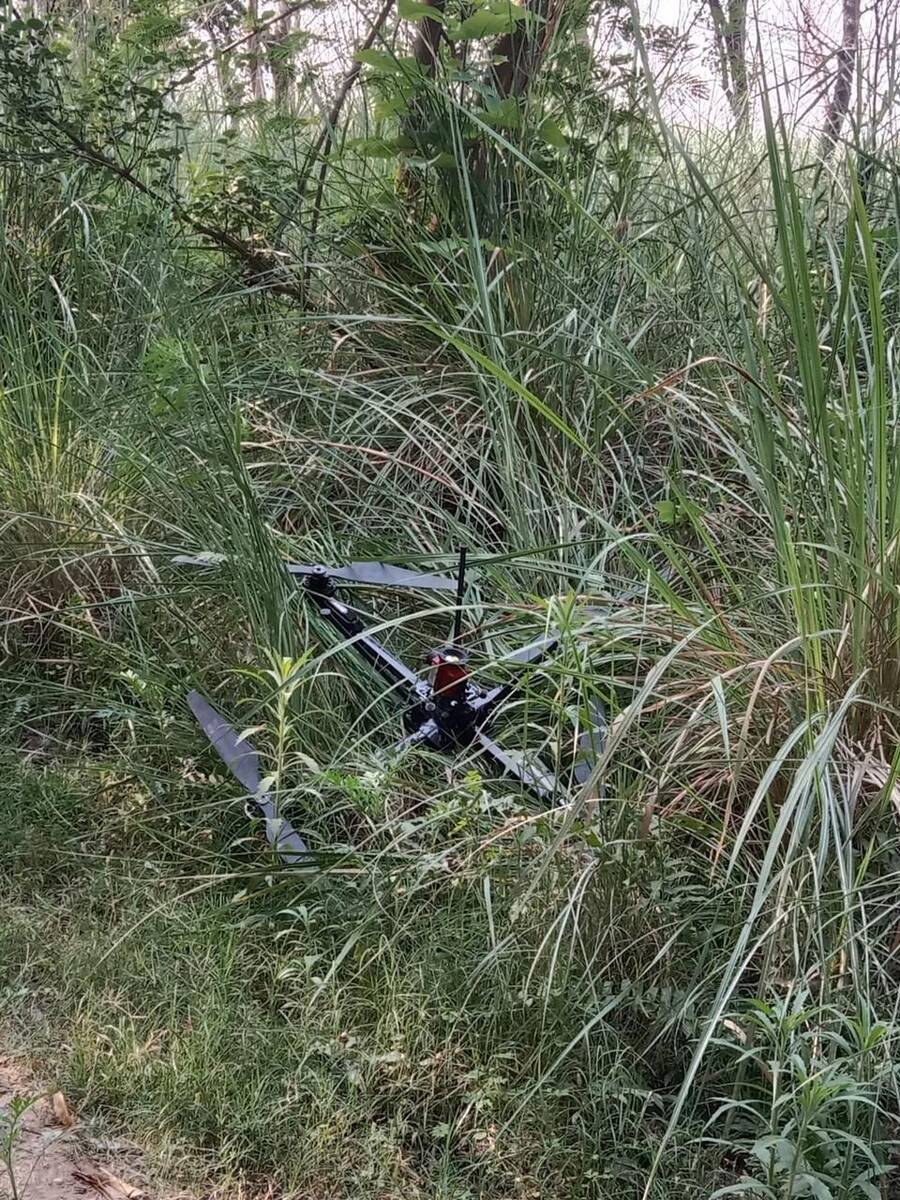QUETTA: Jailed activist Mahrang Baloch, a leading campaigner for Pakistan’s Baloch minority, has ended a hunger strike after a court asked authorities to justify her detention, her lawyer told AFP on Tuesday.
Mahrang Baloch, 32, was arrested last month on charges of terrorism, sedition and murder.
Security forces are battling a growing insurgency in her native Balochistan, an impoverished province that borders Afghanistan and Iran.
Rights groups say the violence has been countered with a severe crackdown that has swept up innocent people.
Mahrang and four other detained activists from her organization, the Baloch Yakjehti Committee (BYC), had stopped eating on Thursday in protest against alleged misconduct by police and ill-treatment the activists claim to have been subjected to in detention.
The judiciary has declined to rule on Mahrang’s detention for more than a month, effectively halting any appeal and placing the matter solely in the hands of the provincial government.
But the Balochistan High Court agreed on Monday to consider an application to overturn her administrative detention, her lawyer Imran Baloch told AFP. Mahrang’s detention was renewed for a second month a week ago.
“Petition got admitted by high court and notices were issued to government,” the lawyer said, adding that a hearing was scheduled for Wednesday.
Mahrang and the other activists agreed to end their hunger strike after meeting with her family and lawyers on Monday, Imran Baloch said.
A group of 13 UN human rights experts expressed concern on Tuesday over the detention of BYC leaders and their supporters.
“Pakistan appears to conflate legitimate human and minority rights advocacy and public demonstrations with terrorism, threatening freedoms of expression, assembly, and association,” the independent experts, who are appointed by the United Nations Human Rights Council, said in a statement.
They also noted the ban on several Baloch activists from leaving the country, which includes Mahrang.
A dozen UN experts called on Pakistan last month to immediately release Baloch rights advocates, including Mahrang, and to end the repression of their peaceful protests.
For two decades, members of the Baloch minority have denounced extrajudicial killings, forced disappearances and arbitrary arrests in Balochistan — Pakistan’s most resource-rich province, where 70 percent of inhabitants are poor.
Pakistani authorities say the accusations are unfounded.
Insurgents in Balochistan accuse outsiders of plundering the province’s natural resources and launched a dramatic train siege in March, during which officials said about 60 people were killed.
Detained Pakistan rights activist ends hunger strike
https://arab.news/cumjv
Detained Pakistan rights activist ends hunger strike

- Mahrang Baloch, 32, was arrested last month on charges of terrorism, sedition and murder
- The judiciary has declined to rule on Baloch’s detention for over a month, halting any appeal






















